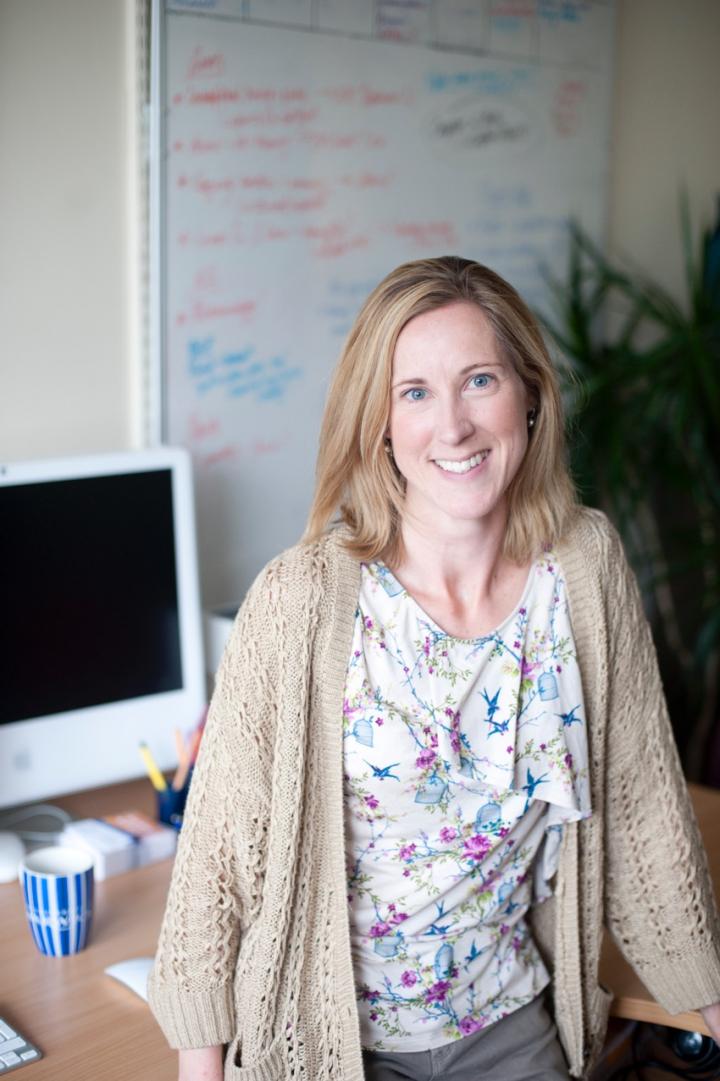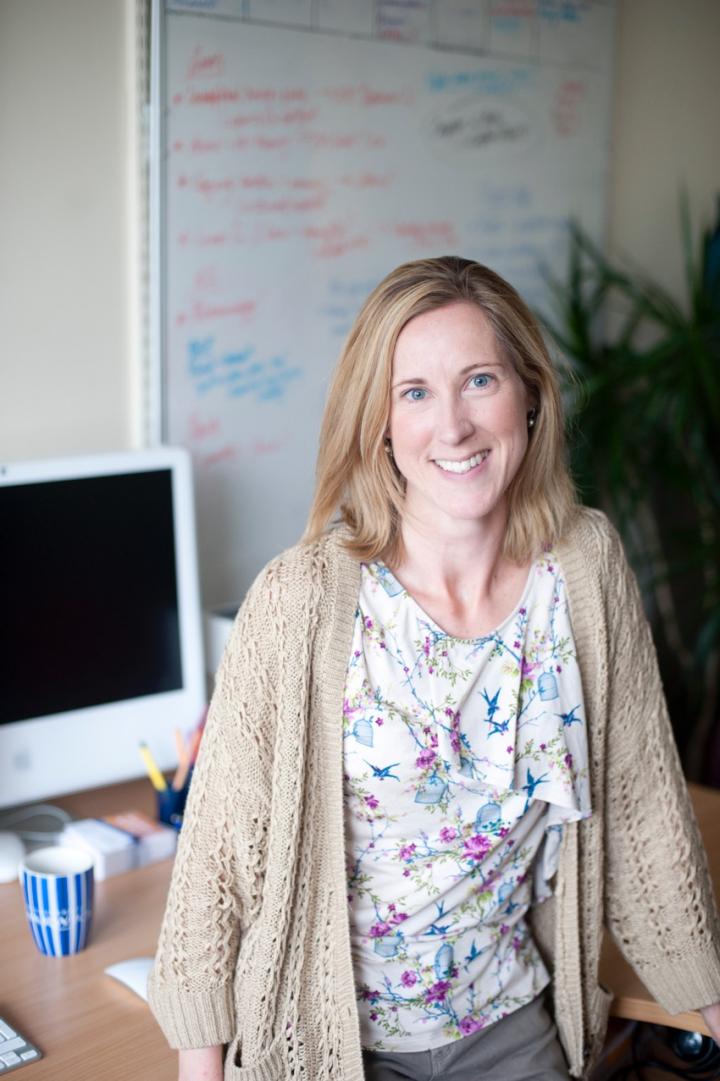
Credit: University of Warwick
- Around 50% of us are susceptible to believing we've experienced fictitious events, University of Warwick research finds
- False memory study included over 400 people
- Raises questions around the authenticity of memories used in forensic investigations, court rooms.
- Misinformation in the news can create incorrect collective memories, affecting behaviour and attitudes of society.
Many people are prone to 'remembering' events that never happened, according to new research by the University of Warwick.
In a study on false memories, Dr Kimberley Wade in the Department of Psychology demonstrates that if we are told about a completely fictitious event from our lives, and repeatedly imagine that event occurring, almost half of us would accept that it did.
Over 400 participants in 'memory implantation' studies had fictitious autobiographical events suggested to them – and it was found that around 50% of the participants believed, to some degree, that they had experienced those events.
Participants in these studies came to remember a range of false events, such as taking a childhood hot air balloon ride, playing a prank on a teacher, or creating havoc at a family wedding.
30% of participants appeared to 'remember' the event — they accepted the suggested event, elaborated on how the event occurred, and even described images of what the event was like. Another 23% showed signs that they accepted the suggested event to some degree and believed it really happened.
Dr Wade and colleagues conclude that it can be very difficult to determine when a person is recollecting actual past events, as opposed to false memories – even in a controlled research environment; and more so in real life situations.
These findings have significance in many areas – raising questions around the authenticity of memories used in forensic investigations, court rooms, and therapy treatments.
Moreover, the collective memories of a large group of people or society could be incorrect – due to misinformation in the news, for example – having a striking effect on people's perceptions and behaviour.
Dr Wade comments on the importance of this study:
"We know that many factors affect the creation of false beliefs and memories — such as asking a person to repeatedly imagine a fake event or to view photos to "jog" their memory. But we don't fully understand how all these factors interact. Large-scale studies like our mega-analysis move us a little bit closer.
"The finding that a large portion of people are prone to developing false beliefs is important. We know from other research that distorted beliefs can influence people's behaviours, intentions and attitudes."
Scientists have been using variations of this procedure for 20 years to study how people can come to remember wholly false experiences.
###
The paper, 'A Mega-analysis of Memory Reports from Eight Peer-reviewed False Memory Implantation Studies', is published in Memory. It is co-authored by Dr Kimberley Wade at the University of Warwick, UK, Dr Alan Scoboria at the University of Windsor, Canada, and Professor Stephen Lindsay at the University of Victoria, Canada.
Media Contact
Luke Walton
[email protected]
44-782-454-0863
@warwicknewsroom
http://www.warwick.ac.uk
############
Story Source: Materials provided by Scienmag




